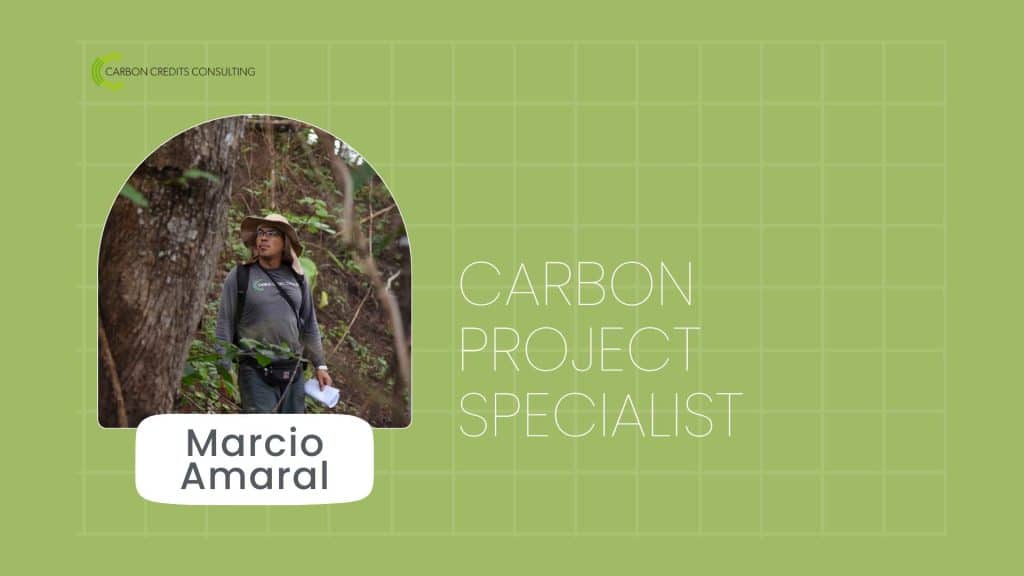Grouped Project: an opportunity for all kind of native forest at risk
The Western Amazon REDD+ Grouped Project is an important initiative for the conservation of the Amazon rainforest.
Unlike many REDD+ projects that focus on protecting large areas of forest, this project encompasses small and medium forestry lands with similar ecological characteristics, which are often excluded from traditional REDD+ projects. By bringing together these 22 lands under one project, it has been possible to preserve continuous patches of forest covering more than 60,000 hectares.
The areas involved in the project are located in the northern region of Brazil, particularly in the states of Acre and Amazonas, and are subject to high rates of deforestation due to unsustainable agricultural practices, such as primary forest clearance for cattle ranching and the expansion of monocultures such as soy and maize.
The project aims to identify deforestation drivers at a regional level and implement sustainable practices in the communities involved, as well as train the local population in firefighting and conduct scientific studies on biodiversity to identify the most vulnerable species and measures to protect them.
The ultimate goal of the project is to protect the local ecosystem and promote the regeneration of degraded or felled vegetation. This will be achieved through the promotion of socio-environmental activities with the communities living in the project properties and their surroundings, as well as by limiting illegal practices such as logging and hunting, and promoting the development of sustainable activities. Through the implementation of the project, there will be a reduction of emissions of about 354,847 tCO2eq per year.
In summary, the Western Amazon REDD+ Grouped Project is an important initiative for the conservation of the Amazon rainforest, which not only aims to protect large areas of forest, but also to preserve small areas of biomes that would otherwise be excluded from traditional REDD+ projects.
Are you interested in contributing to the conservation of the Amazon rainforest?
Visit the project page to learn more and discover how you can support this important initiative to protect the Amazonian ecosystem!









